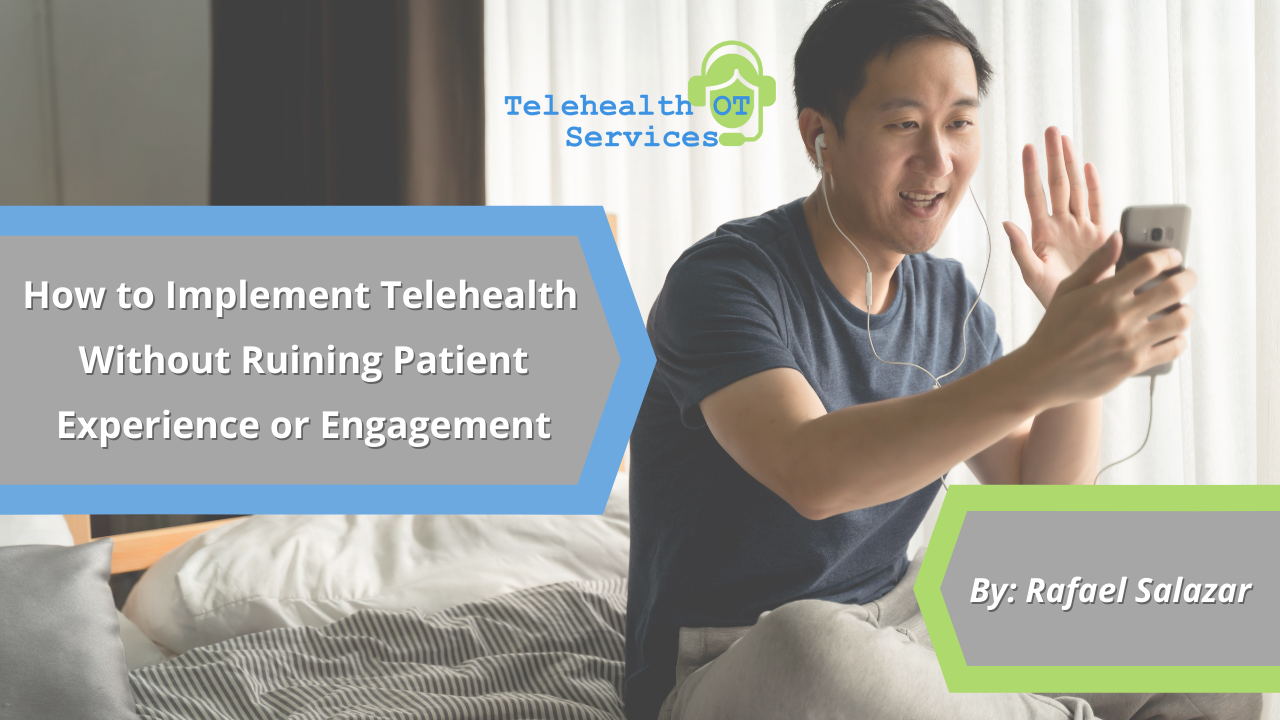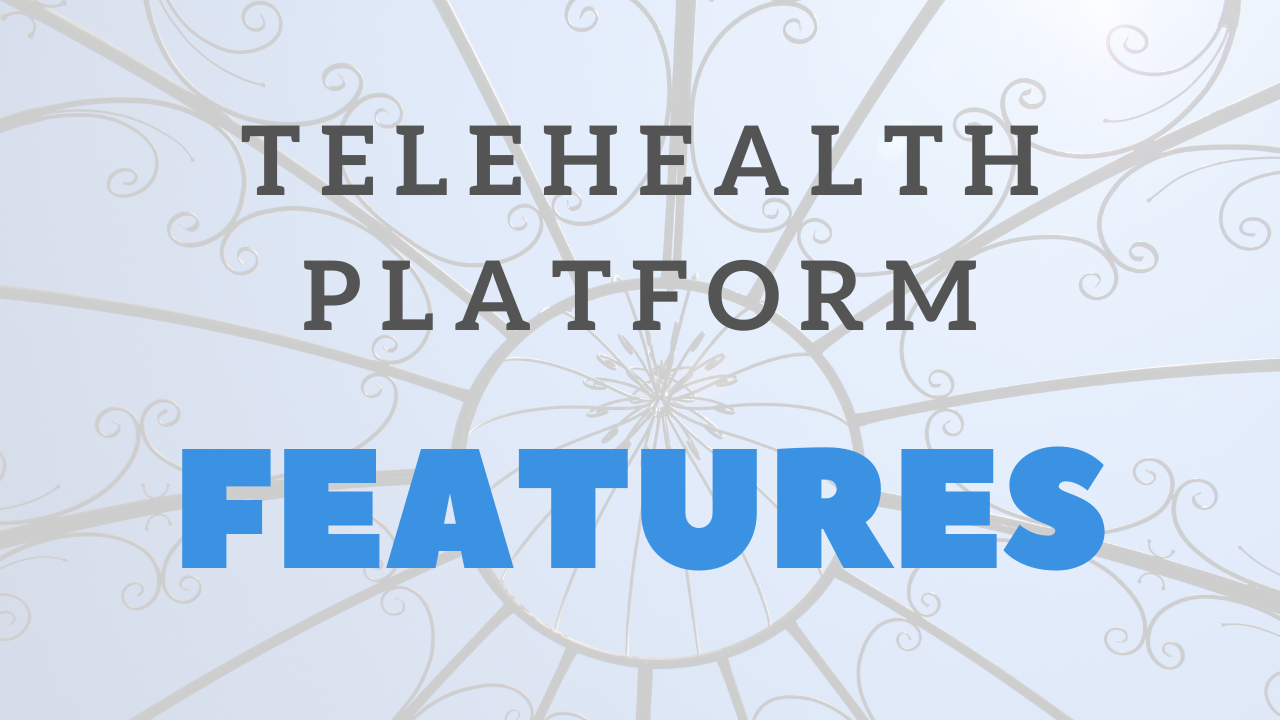How to Implement Telehealth Without Ruining Patient Experience or Engagement

Well, unless you’ve been living under a rock, you’ve noticed telehealth became a big deal in 2020. Every healthcare organization, system, and clinic implemented some sort of “virtual care” option for those unable to obtain in-person healthcare services during the height of the covid-19 pandemic. Now, many of these telehealth rollouts checked the box as “minimally viable”, but they lacked some important and necessary pieces to make them sustainable for the long-term.
In fact, when I was consulting for Georgia’s Department of Behavioral Health & Developmental Disabilities, one of my projects involved developing the operational and clinical guidelines for telehealth service delivery across the statewide integrated clinical support services (a Telehealth Roadmap of sorts).
That project, coupled with my consulting work in the private sector highlighted two great struggles that many organizations face when implementing telehealth or virtual service delivery: 1) you need to develop a...
What Features Should You Look for When Choosing a Telehealth Platform?

If you are just starting out as a Telehealth OT provider, the question of which platform to use for sessions can be a hard decision. Do you need a platform with electronic medical records (EMR)? One that can handle billing? Scheduling options? Specific tech features? These are all things to consider when shopping around for a new platform.
When browsing through platforms, here are a few things to consider when choosing what’s best for your practice.
- No matter what type of platform you are looking for, whether it be telehealth-only, EMR-only, or a combination of both, a top priority is HIPAA compliancy. Ensuring that the platform you select is HIPAA compliant is important for both your patient’s privacy and your own liability. When researching platforms, look for the companies Signed Business Associate Agreement (BAA), which indicates that they are HIPAA compliant.
- Platform tends to have tiered pricing, which typically follow a free, basic, and professional trend. Payi ...

